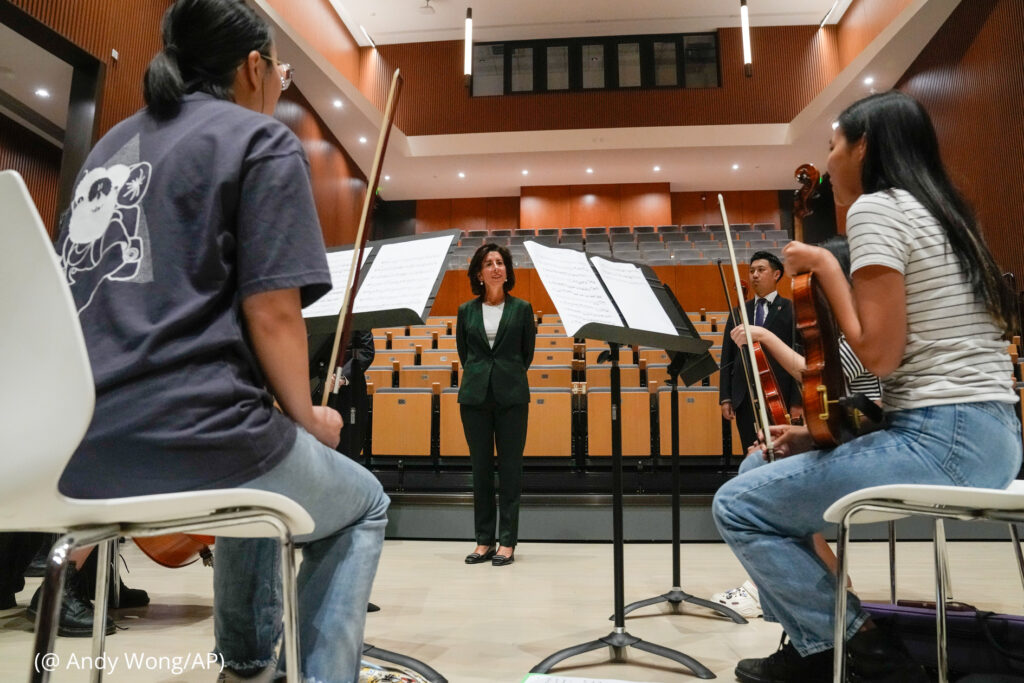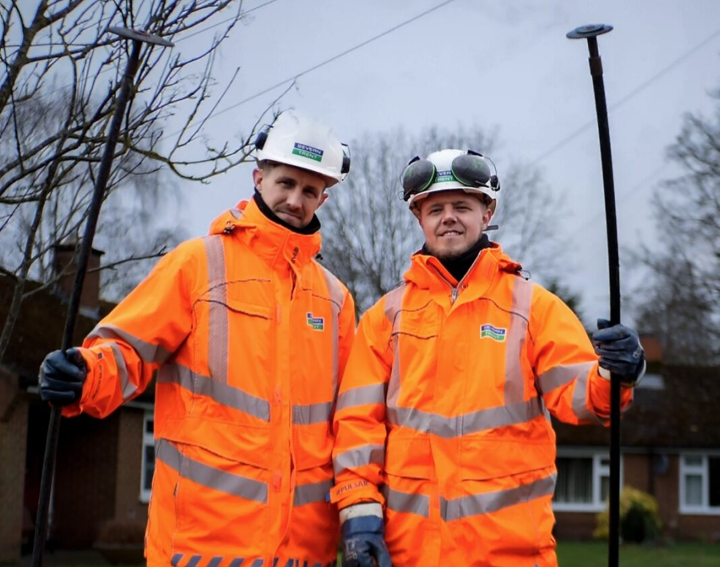Single parents have the lowest average income for both men and women, according to the latest research.
Data from NOW: Pensions reveals single fathers earn 32% less than the ‘average’ man, while women fare even worse, with single mothers earning 53% less than the ‘average’ man and 37% less than the ‘average’ woman. The data also reveals single mothers have the lowest rate of labour market participation of all groups - which will significantly impact their ability to save enough into their pensions for retirement.
In the UK, women retire on average with just £69,000 in their pension pot - that’s two-thirds less than men, who retire with an average of £205,000 saved. Research by NOW: Pensions and the Pensions Policy Institute (PPI) reveals the one of the biggest causes is the differences in working patterns between men and women over the course of their lives.
On average, women spend 10 years away from the workforce to raise families or take on other caring responsibilities. This career gap amounts to an average of £39,000 in lost pension savings.
While progress has been made in improving gender equality within society, gendered norms around childcare still disproportionately impact women. The data shows that in 2022, fathers accounted for just one in nine stay-at-home parents, compared to one in 14 in 2019.
Single parents continue to miss out when it comes to workplace earnings – with **1 in 3 of all working single mothers being ineligible for a workplace pension under current auto-enrolment rules. This is despite over half (59%) being in employment.
Consequently, working single mothers have missed out on over £852m in pension savings since the introduction of auto enrolment in 2012. The number of single mothers working part-time is at 54% compared to the UK average of 21%.
The high proportion of part-time workers means that they might not meet the eligibility criteria as pension saving is only triggered once earning £10,000 in a single role. Therefore, single mothers are missing out on being automatically enrolled and therefore also missing out on employer contributions and tax relief.
Lizzy Holliday, Director of Policy and Public Affairs, NOW: Pensions comments: “Since it was introduced, auto-enrolment has transformed how millions of people in the UK save for their pension.
“Yet for far too many in our society, saving an adequate amount in a pension remains out of reach. Data shows the current system has a disproportionate impact on working single mothers – and they are missing out on the critical support and contributions that other workers benefit from.
“In addition, our gender pensions gap research found that on average women will have a 10-year career gap to undertake caring responsibilities. This gap can also have a detrimental impact on future career and pay progression.
“Affordable and available childcare is a key enabler to support more mothers and families in their choices about their careers and working lives. We welcomed the continued delivery of measures on childcare and announcements at the Spring Budget on child benefit – but we are keen to see the practical and delivery challenges for childcare provision addressed.












